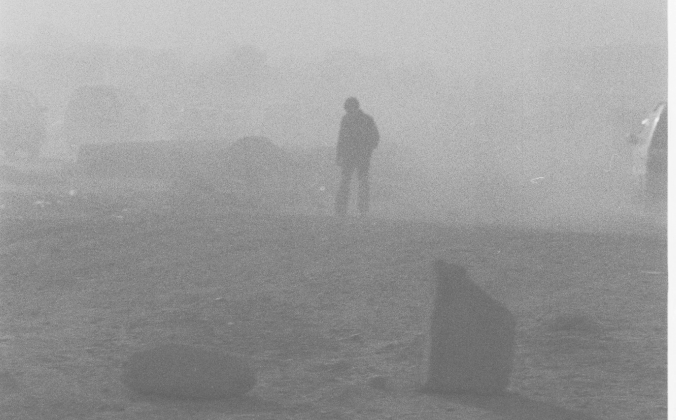Are governments most likely to reform before joining an international initiative or once they have joined it?
The answer to this question will go a long way towards explaining the impact of Open Government Partnership in the years to come. As I’ve discussed before, much of the premise of OGP is based on an incentive structure that encourages countries to race to the top once in the initiative.
But once in, how do you stop countries from sliding back down all the while helping others to stretch?
The EU is probably the most successful governance club in the world. The Copenhagen political criteria spell out how EU members should be democracies, abide by the rule of law, respect human rights and protect minorities. Even there (with many carrots at their disposal), the union has struggled to maintain the same level of ambition for new member states as it did in the heady early 2000s when countries were working hard to undertake the required steps to join.
The more countries want to get in, the more efforts they will make to join, the more difficult it is to keep the pressure on once in. On one hand, OGP has always sought to incentivize a ‘race to the top’ between members. On the other hand, there has also always been much discussion on the steering committee as to the pros and cons of a stricter approach towards OGP members that restrict space for civil society or violate human rights on a large scale (and a concern within civil society that countries could use OGP to ‘open wash’, much like ‘greenwashing’ in the environmental sector).
What are the implications for OGP? Three issues stand out:
The OGP has developed a draft ‘rapid response policy’ to deal with situations where OGP members violate human rights on a large scale and impose restrictions on civil society. It may seem bureaucratic, but whether that policy is approved in New York this September and subsequently implemented will be a significant test for the Partnership.
OGP should consider tightening its civil liberties eligibility criterion. OGP eligibility rests on four criteria – access to information, transparency of budgets, asset disclosure and civil liberties. The first three are based on specific indicators, but the latter is based on an aggregate indicator (the civil liberties sub-indicator of the Economist Intelligence Unit’s democracy index) and does not capture year on year trends. Changing this now with 64 members in the initiative will be challenging. However difficult, OGP should consider updating it.
Is there a need for an OGP index? Much like in the aid sector where the Aid Transparency Index ranks countries against each other and thus acts as a boost for the implementation of the International Aid Transparency Initiative (IATI), or the Open Budget Survey in the fiscal transparency sector, OGP might benefit from an independent, third party ranking system (which could either be an aggregate index, a dashboard bringing together existing indices etc.).
This should not obscure OGP’s central objective – how to ensure that open government reformers from all over the world meet, network, replicate successful reforms and scale their impact. But ensuring that high energy, low capacity countries progress upwards, whilst ensuring that low-performing countries do not dampen the energy of the rest of the group (e.g. using OGP to “open wash”) will likely be a significant test to OGP in the years to come.
